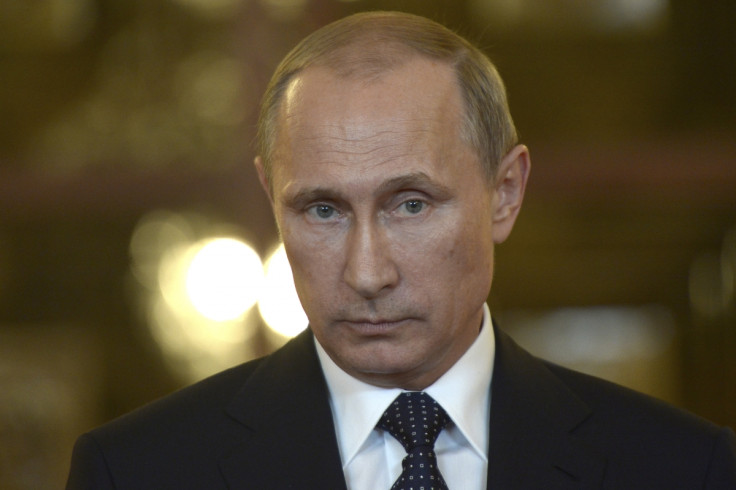Russia Offers $111,000 to Any Citizen Who Can Crack Tor Anonymity Network

The Russian federal government is concerned about the number of people using Tor to anonymously surf the web in the country and has set up a competition to find a technological solution to solve the problem.
The Russian Ministry of Internal Affairs (MIA) is offering 3.9 million roubles ($111,000, £65,370) to researchers who will "study the possibility of obtaining technical information about users and users equipment on the Tor anonymous network," according to a translated version of the proposal.
In order to apply, entrants must pay 195,000 roubles, and foreigners are not allowed to enter the competition, in order to ensure the "defence and security" of the Russian Federation.
"A special CIA project"
Tor, known as The Onion Router, is a free web browser which can connect to sites on a part of the internet known as the Dark Web. In Russia, there are now over 200,000 users on the network.

By routing the connection between the user and the website through thousands of different servers across the globe, tracking data sent through Tor is supposedly impossible and Dark Web websites cannot be found through search engines like Google and Bing.
Russian president Vladimir Putin is not a fan of the internet and famously deemed it "a special CIA project".
To that end, new laws are being passed this year that will curtail citizens' digital freedoms, such as a new blogger law coming into force next month, which will require the owners of popular blogs with more than 3,000 visitors a day to register on a special list.
The bloggers will be banned from posting extremist information, disclosing state or commercial secrets or promoting pornography and violence.
Governments are wary of Tor
Originally created at the US Navy, the Tor Project receives an annual £2m budget, which is 80% funded by the US government, with the rest of the funding coming from the Swedish government and other organisations, but Tor's founders say that the funds are similar to a research grant.
Strangely enough, although the US bankrolls most of the project, the NSA also spends a lot of resources in trying to crack the program, according to Edward Snowden's NSA revelations.
But the US is not the only one, as numerous governments are now becoming concerned that police are unable to track what criminals are doing if their IP addresses are hidden by Tor.
© Copyright IBTimes 2025. All rights reserved.





















